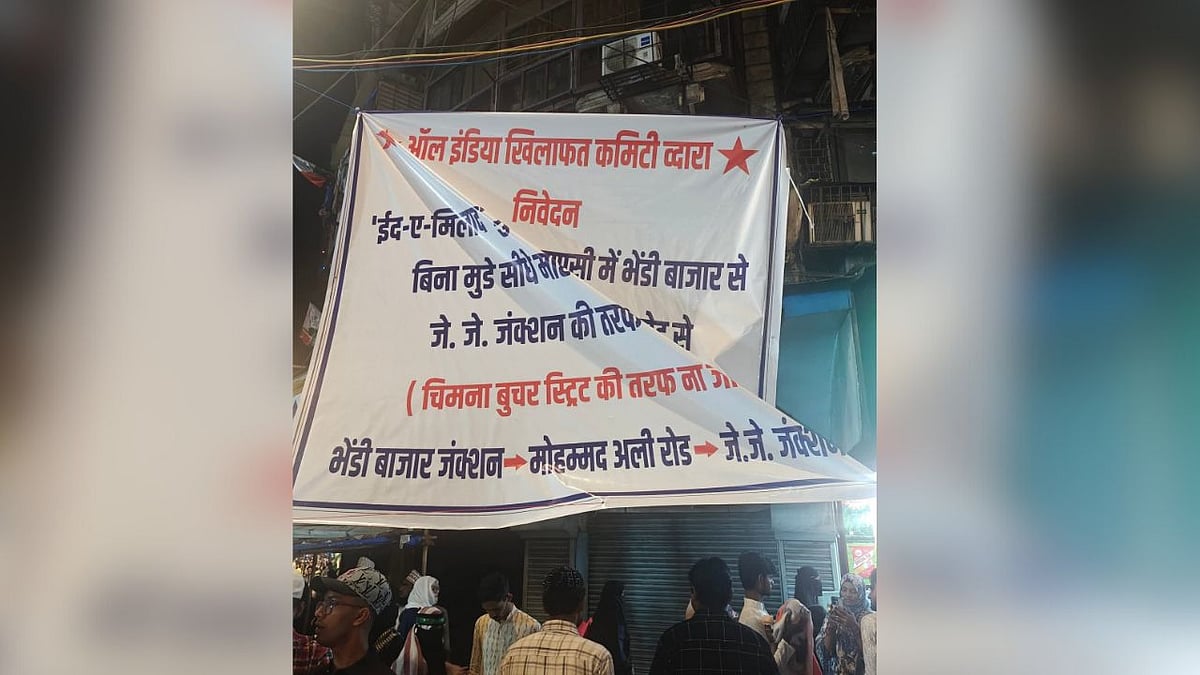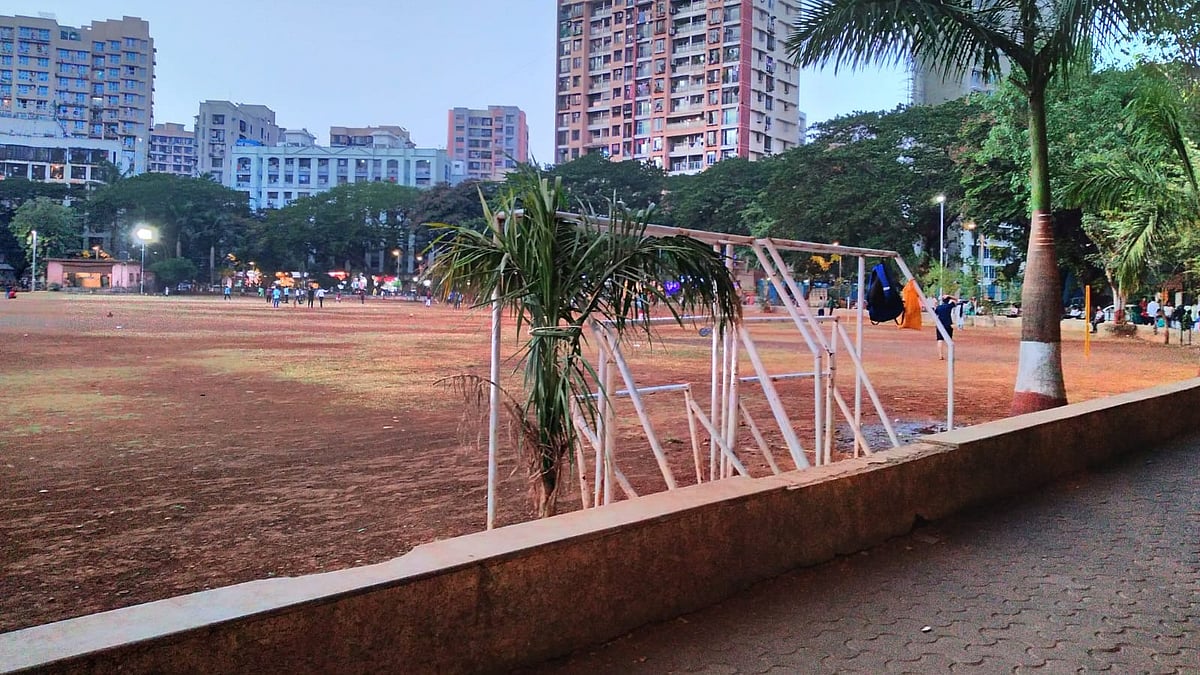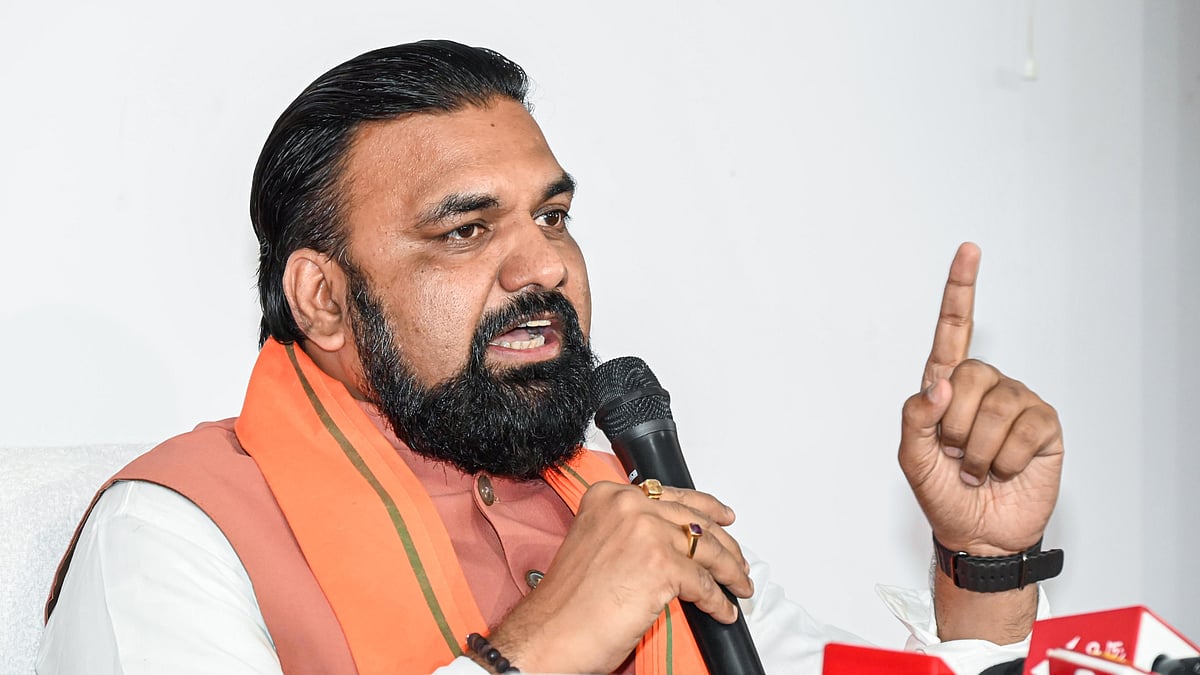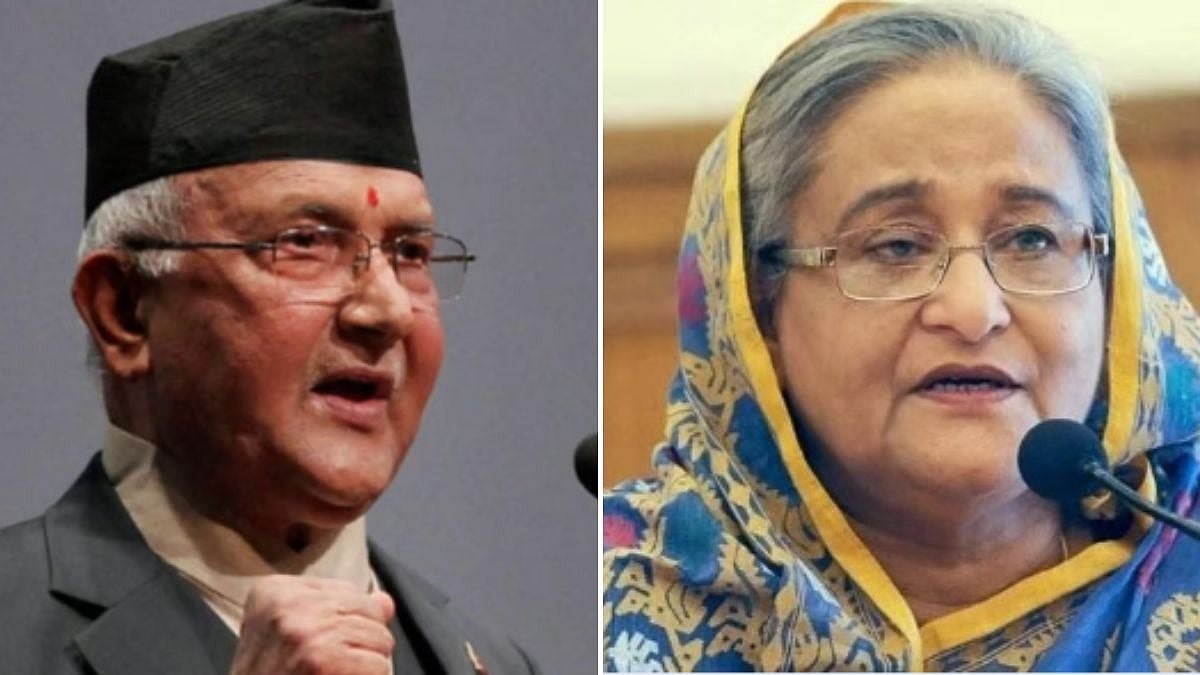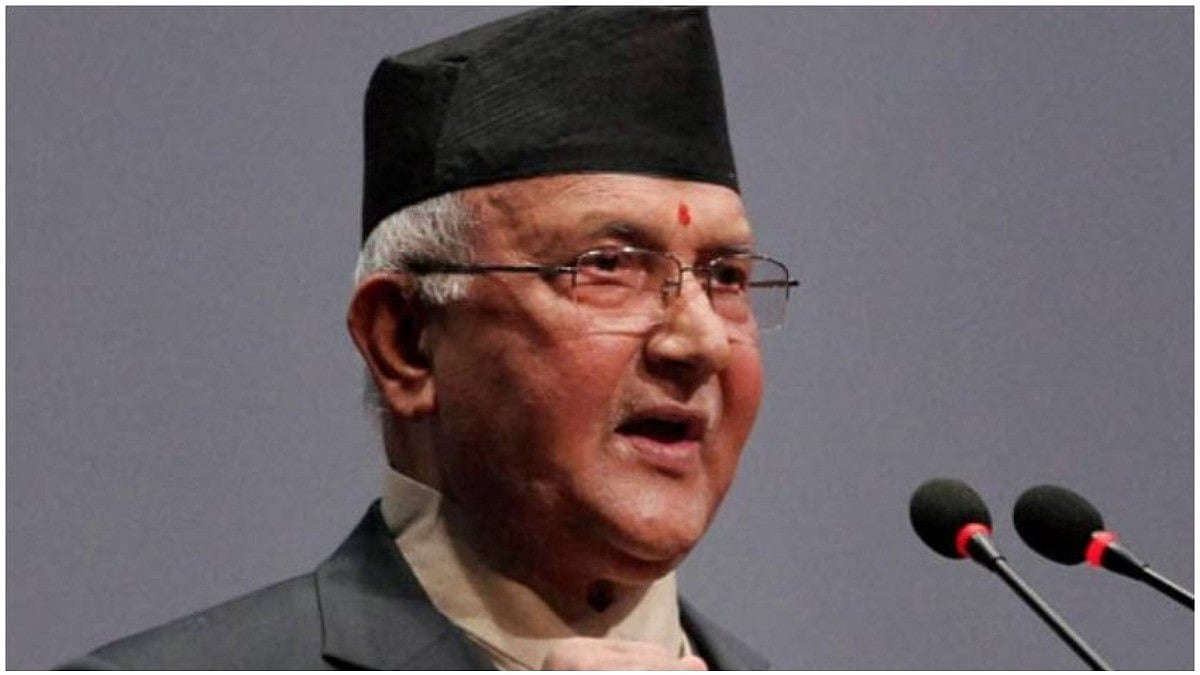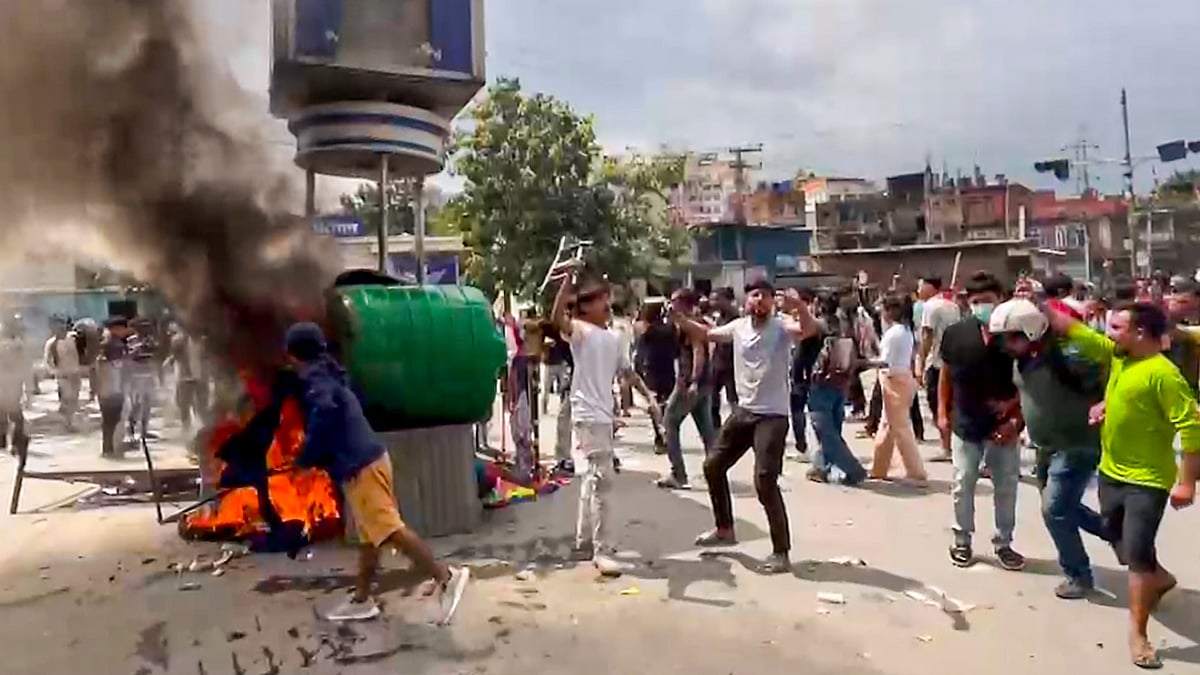The essential argument of the meat ban, official or semi-official, in large parts of north India during the ongoing Navratri festival can be summed up this way: we Hindus do not eat even onion and garlic, how dare you others sell or eat meat. The sheer absurdity of this position is evident to those not blinded by saffrontinted glasses. However, those whose worldview has shades of saffron in it assert that this is the right way to now live in a new India in which majoritarianism is passed off as democracy. It’s clear as daylight that the Navratri-oriented food restriction has little to do with the food itself but is a concoction of power and prejudice against Muslims who mostly own and operate meat businesses. Worse, it is backed, overtly or covertly, by the authority of the State.
A Hindu festival, during which the devout fast and pray to remember the triumph of good over evil, has been weaponised against Muslims who are incidentally observing the month-long Ramzan at the same time. The mayors of South, North, and East Delhi municipal corporations instructed them to ensure that meat shops would be shut down during Navratri ``keeping in view the sentiments and feelings of the general public”. The closure notices were not issued but it does not matter because the agenda played out to plan. Meat sellers either shut down or opened their shops with anxiety and fear. Variations of this played out across Delhi, Uttar Pradesh, and Rajasthan. India made international headlines once again for unsavoury reasons.
If we want to tiptoe around the issue, we can call it food policing but, honestly,itis food fascism.Itisn’t a new phenomenon. Enclaves in the tony parts of south Mumbai, dominated by Jains, discouraged meat eaters and meat businesses more than a decade ago. In 2014, Palitana in Gujarat, a pilgrimage destination for Jains, was declared a fully vegetarian city; slaughter, sale, and consumption of meat was made illegal and punishable by law. Seven years later, Ahmedabad municipal corporation ordered food stalls serving meat off public roads and from near religious places. Other cities in Gujarat followed suit. Last year, the Uttar Pradesh government banned the sale and consumption of meat and alcohol in the pilgrimage town of Mathura. Before that, Meerut had unofficial meat bans during Navratri. If devout Hindus celebrated Navratrifor decades with meat shops minding their own business, what explains the muscle-flexing in recent years by the right-wing Hindutva groups? By this yardstick, should Muslims in their majority areas demand that everyone follow the Ramzan regimen and keep rozas, Omar Abdullah correctly asked on social media. The absurdity in the Hindutva argument is self-evident. However, it is no longer a point of debate;it has been established as a norm across north India that meat sales will not be allowed – by law or by right-wing vigilantism – during major Hindu festivals. Food has been well and truly weaponised in New India.
It is a well-established fact that a majority of Indians – as also a majority of Hindus – are meat eaters or, as said in India, non-vegetarians. Exceptfor select sections of upper caste or Brahmin Hindus – not all Brahmins though – vegetarianism is not the preferred way of life for the majority. Only 39% of Indians described themselves as vegetarians in a Pew Research Center study last year. Parsing the data by religious communities showed that 92% of Jains said they were vegetarians, 44% of Hindus said the same, and ten and eight per cent Christians and Muslims respectively. One in four Hindus also said they followed restrictions on meat consumption at certain times of the year. When such restrictions play out in the public domain, such as meat bans during Navratri, they signify a larger malaise. At its core, meat bans are about the assertion of the Hindu identity as interpreted in the Hindutva paradigm – a macho north Indian or cow-belt one.It’s part of the larger deliberate design to push Muslims into a corner and damage their economic network or businesses. Navratri processions this year have already taken on a machismo quality with participants flaunting saffron all the way, lustily shouting slogans that are offensive in the extreme, climbing atop a mosque on the route with saffron flags, self-appointed men of God calling for the rape of Muslim women and worse.
This continuous assault comes on the back of the hijab controversy and Azaan over loudspeakers uproar. Meat, or food,is merely one more excuse to implementthe agenda of the Hindu Rashtra. How does this segregation and targeting of a community reconcile with the professed mission of ‘Sabka Saath, Sabka Vikas, Sabka Vishwas’ of the Narendra Modi government? The chasm between such slogans and events on the ground is widening by the day. Through it all, what echoes loudly is the silence of the Prime Minister

